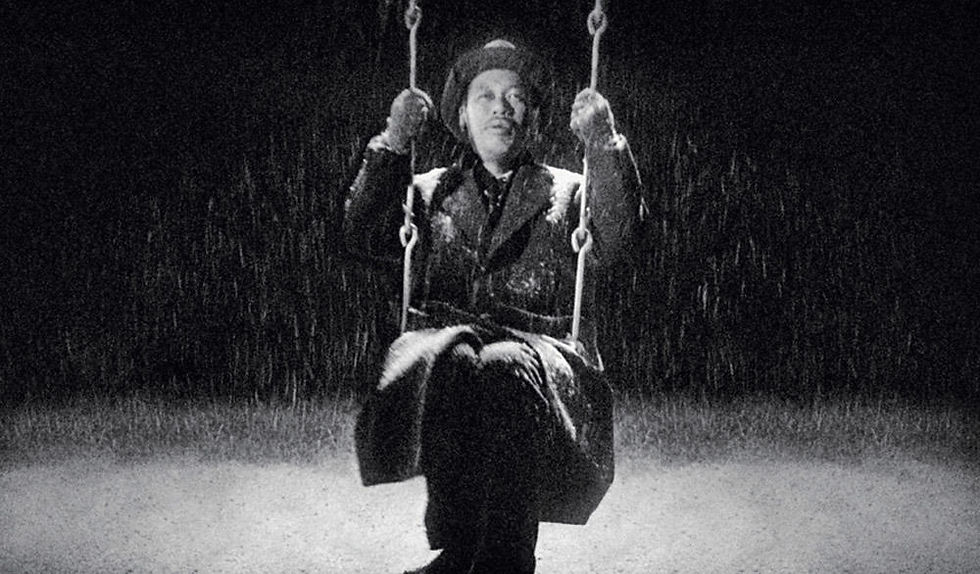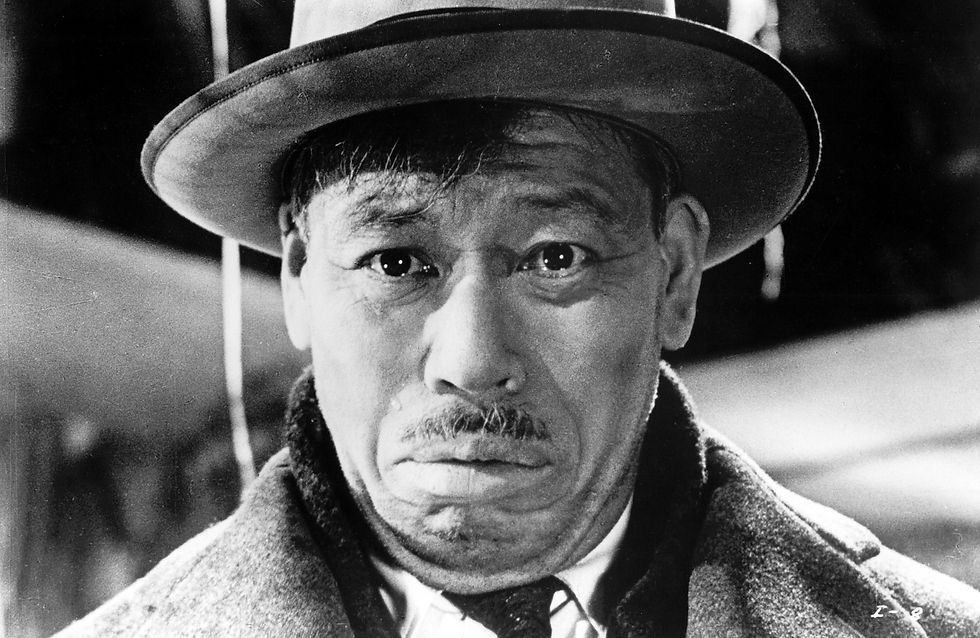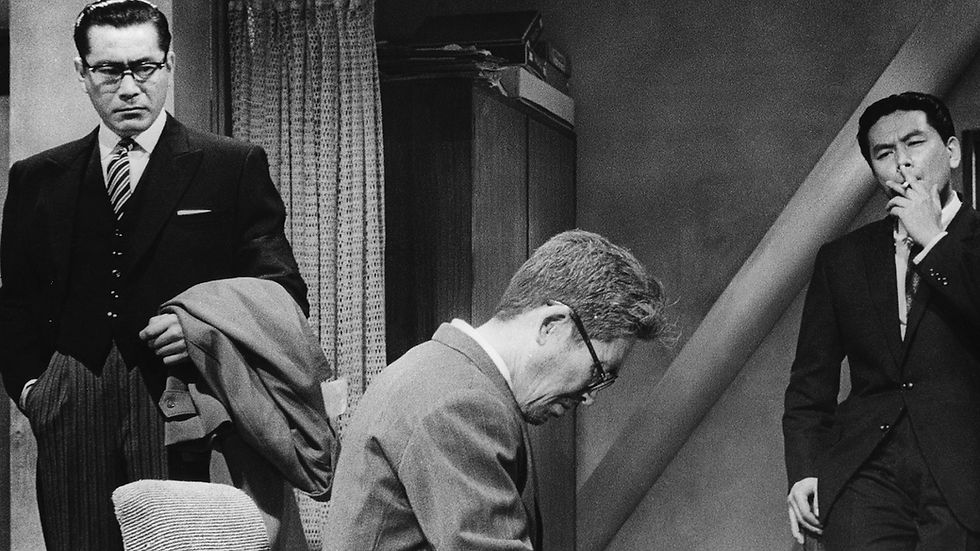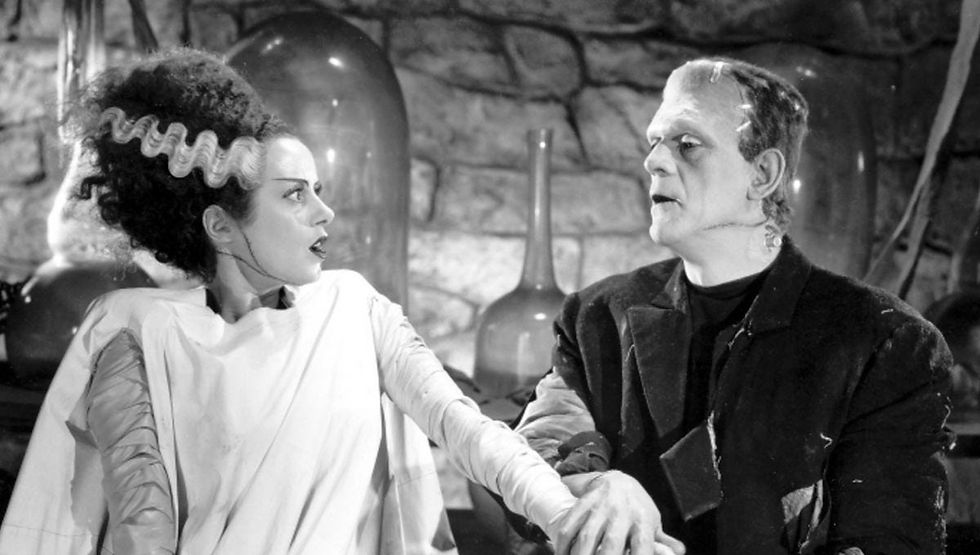Ikiru (1952) Review - Dylan McCully
- Dylan McCully
- Sep 22, 2023
- 3 min read
Updated: Oct 3, 2023
Written by Dylan McCully, 10/17/22
Dylan McCully's Cinema: https://www.imdb.com/list/ls521125877/

"But now, there's barely a trace of his old passion and ambition. He's been worn down completely by the minutia of the bureaucratic machine and the meaningless busyness it breeds. Busy, always so very busy. But in fact, this man does absolutely nothing at all. Other than protecting his own spot. The best way to protect your place in this world is to do nothing at all. Is this really what life is all about?"

Ikiru is a very important film to me. When I watched it for the first time, over the pandemic, I saw myself becming like the protagonist of the film, Kanji Watanabe. To prevent that and to make the most of life, I decided to stop stressing and start enjoying the moments one by one. This is one of the only films I will shed a tear at, because of the raw power of the subject matter mixed with the legendary visual work and acting. It's Takashi Shimura's best performance and arguably Kurosawa's greatest film.
Kanji Watanabe (played by Takashi Shimura) has been working as a bureaucrat for the past 30 years, before he gets diagnosed with cancer. He realizes that he this whole time, he hasn't been truly living. He has a son who doesn't care about him, just about his money. Watanabe realizes that being depressed isn't the way to go out, and he meets a young girl, Toyo, who he spends time with. He wants to be like her, living in the moment, full of love. Watanabe realizes he needs to acoomplish something from the heart. He returns to his job and begins pushing hard to get a playground built. I won't spoil the rest of it, (although the poster will tell you a lot) but it gets extremely emotional by the end. The scene on the poster is the best and most iconic scene in the film, but unfornuately I cannot talk about it as it comes near the end. If the film did indeed end on the swingset scene, I would consider it one of the all time greatest endings, but there is one scene after it.

From a technical aspect the film is perfect. I want to highlight the framing of the actors just like I did for Rashomon. When Watanabe is singing his depressing song at the bar, the camera moves back as the dancers slowly turn to face Takashi Shimura, who is sitting lifeless in a chair, singing about his impending doom. Then we get a closeup of Shimura's face, tears welling up in his eyes, still singing. You can tell everything you need to know about the film from this one scene: brilliant mise en scene and brilliant acting. Watanabe works as an incredibly empathetic protagonist because many of us have felt the way he's feeling, like we're not living the fullest we can be. Some people critique Kurosawa for not being subtle enough, at least compared to Ozu and Mizoguchi. Rewatching Kurosawa's films, I can somewhat agree with this sentiment. Lots of people consider Kurosawa to be the Japanese Spielberg, but I would actually consider Kurosawa to be a level above Spielberg. Here's why: from his first collaboration with Toshiro Mifune to his final films from the early 90's, Kurosawa has never released a bad, even mediocre film. He had a streak of many, many classics that continued to innovate the medium and entertain/inspire both eastern and western audiences. Spielberg, on the other hand, was just as successful, but less consistant. He would put out The Last Crusade, but then put out Always. He would make Schindler's List, but then make Jurassic Park II: The Lost World. His films always felt schmaltzy to me, where Kurosawa may be unsubtle in his message, but it never felt toned down or cliche like Spielberg's do. Overall, Ikiru is important and powerful film that I would recommend to any age as a must-see film. It will change your life. 9/10
Akira Kurosawa Ranking:
Ikiru (1952) - 9/10
Rashomon (1950) - 9/10
Stray Dog (1949) - 7.5/10
Drunken Angel (1948) - 6.5/10






Comments